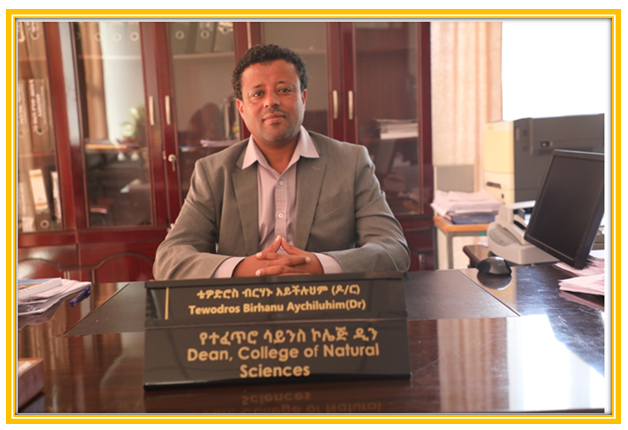
- Details
College of Natural and Computational Sciences was founded as the ‘Faculty of Applied Science’ in 2004. It has been set up to produce researchers, academicians, and scientists in various fields in the natural sciences. Its location was on the main campus until 2010/11. The college then moved to the Abaya Campus with all facilities in the main campus to a nice view of Chamo and Abaya Lakes which are separated by a small mountain, called “Ye-egzer dildy”, which means “God’s bridge”.
- Details
This nutrition-sensitive agriculture education as an exclusive course for all senior classes has been started at the College of Agricultural Sciences of the Arba Minch University beginning of the academic year 2018/2019. AMU is becoming one of the few pioneers of higher education in this respect.
- Details
The startling array of research findings emanating from key limnological variables, historical data and field measurements indicate that indiscriminate ecological changes are pushing both lakes, Abaya and Chamo, on the brink of total jeopardy, if intervention at policy level isn’t taken! Click here to see the pictures
Read more: Scientific study: Abaya & Chamo lakes on the brink of jeopardy
